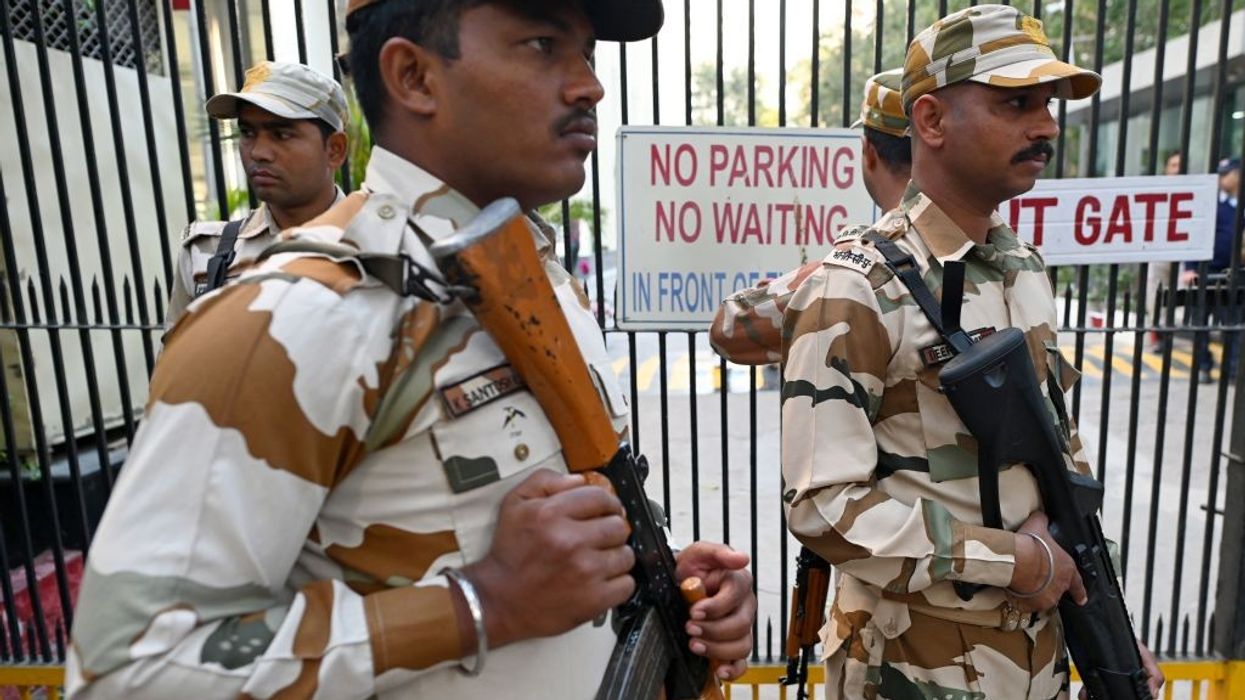India is looking into the BBC's tax structure, the British news organisation said in an internal memo on Wednesday (15), as officials searched its premises in New Delhi and Mumbai for a second day, weeks after India banned a BBC documentary as propaganda.
A senior Indian government official said the income tax survey, which began on Tuesday (14), was not vindictive or "done out of a sense of pique".
The BBC documentary focused on Prime Minister Narendra Modi's leadership as chief minister of the western state of Gujarat during riots in 2002 in which at least 1,000 people were killed, most of them Muslims, though activists put the toll at more than twice that number.
The government last month dismissed the documentary, India: The Modi Question, as propaganda and blocked its streaming and sharing on social media. The foreign ministry said last month the documentary was meant to push a "discredited narrative", was biased, lacked objectivity and showed a "continuing colonial mindset".
The BBC has stood by its reporting for the documentary and said it was cooperating with Indian tax officials.
The BBC was served tax notices in the past but the organisation had not provided a convincing response to tax authorities, Kanchan Gupta, Senior Adviser at the Ministry of Information & Broadcasting, told Times Now news channel.
"The Income Tax Department is conducting a survey of the BBC’s tax status and affairs in India. We understand officers from the department may wish to speak to members of staff about the BBC in India," Liliane Landor, director of the BBC World Service, said in the note sent to staff and reviewed by Reuters on Wednesday.
A spokesperson for the BBC did not immediately respond to a request for comment from Reuters.
"Questions about the BBC’s structure, activities, organisation, and operations in India are within the remit of the investigation and should be answered," Landor said in the note.
India's Income Tax Department has so far declined to comment on the reason for the search.
(Reuters)





